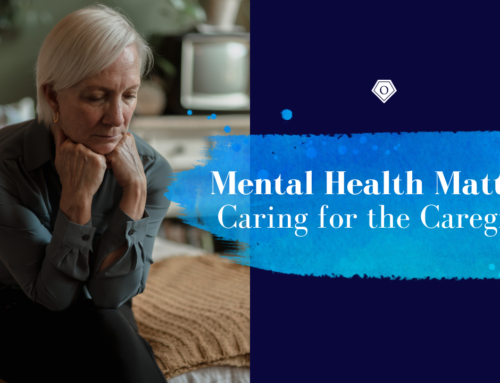Urinary tract infections are not always evident to seniors or their family members.
When Allison’s mother had a UTI, she was glassy-eyed, confused and had a low-grade fever. Allison and her sister thought these were symptoms associated with their mom’s chronic depression.
It wasn’t until their mom mentioned pain during urination that they realized it was something different. The doctor ended up confirming that the symptoms were from a UTI.
UTI symptoms in older adults are primarily behavioral, which can be confusing to caregivers and family members.
Here are common UTI symptoms in older adults to keep an eye on:
- The need to go to the bathroom frequently or urgently
- Complaints of discomfort while urinating
- Frequently touching themselves
- Cloudy, dark or foul-smelling urine
- New onset of incontinence
- Any sudden change in mental status that was not present before (e.g., lethargy, hallucinations, delusions, restlessness, violence or yelling)
- Dementia patients suffering from a UTI will often experience a sudden increase in confusion.
UTIs can become a troublesome issue with older adults as they struggle to manage their hygiene. Older adults may have difficulty wiping, showering and changing clothing. UTIs are the result of a buildup of bacteria. While some UTIs can resolve on their own, they can quickly worsen due to a senior’s compromised immune system. If a UTI is left untreated, it can cause chronic incontinence and spread to the kidneys or spread further causing sepsis.
Caregivers can keep UTI test strips at home for early detection. Many drug stores sell test strips over-the-counter. Keep in mind that test strips are not always reliable. If a strip is negative, but you see behavioral symptoms, it is best to take your loved one to the doctor. Antibiotics must be prescribed to treat severe UTI infections.
If your loved one is having difficulty managing their hygiene home care may be the answer. Personal care can help with: ambulation, bathing, dressing and grooming, feeding, personal safety home evaluation, outpatient pre and post-op assistance, oral and personal hygiene, reporting conditions and changes to supervisory RN and/or physician, and toileting.
Prevention is key.






